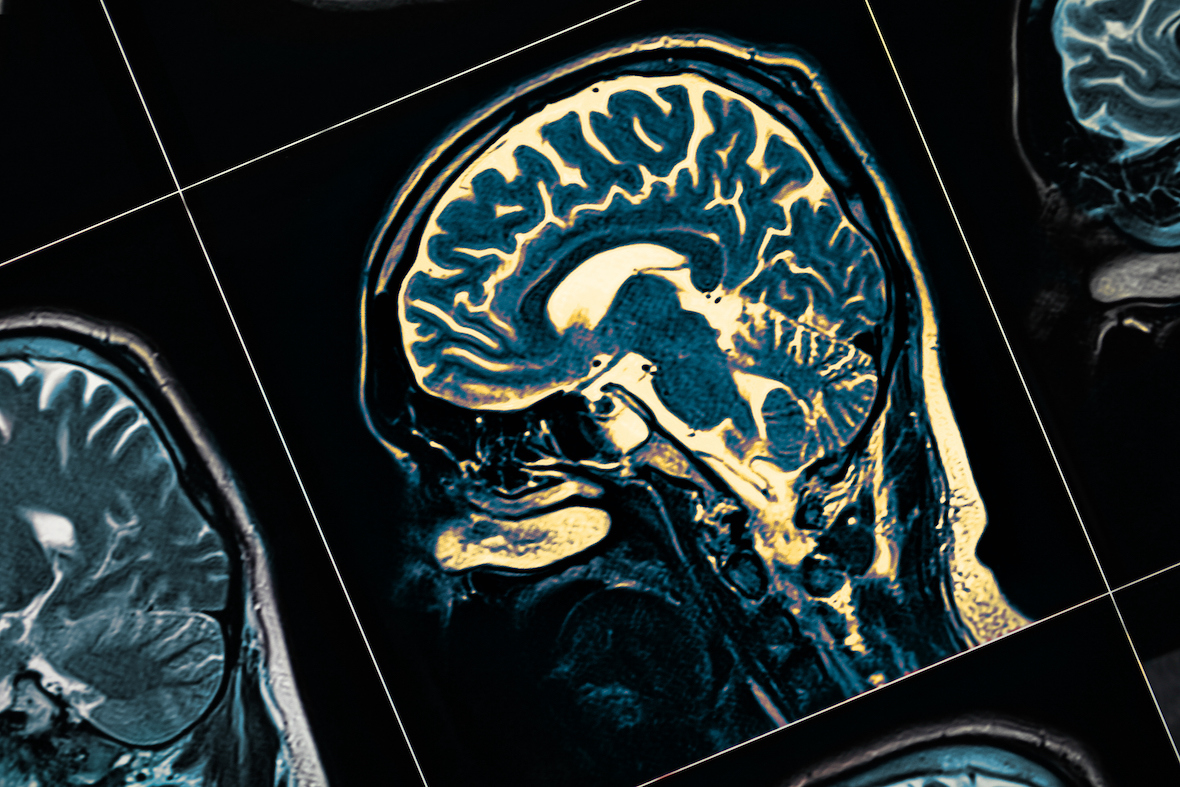
The use of AI in digital mental health
Artificial intelligence (AI) technologies have the potential to enhance productivity and increase in annual GDP. However, the risks associated with AI also need to be studied. Digital mental health faces challenges in providing integrated and effective solutions, but early evidence suggests feasibility and effectiveness. Understanding the complex relationship between mental health and its factors is crucial for innovation in digital mental health and its potential interventions.





